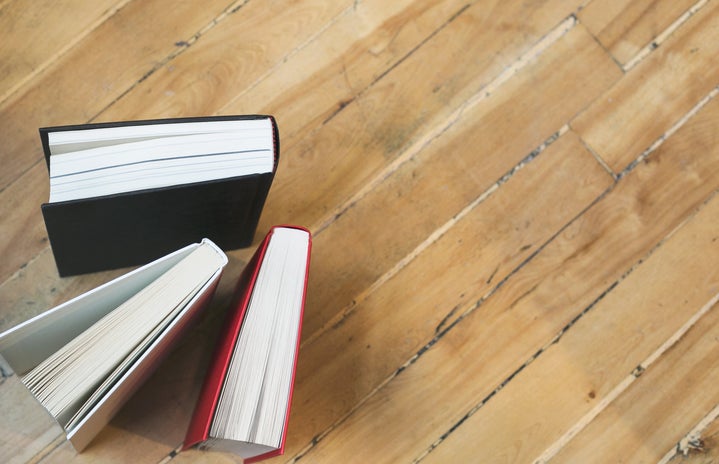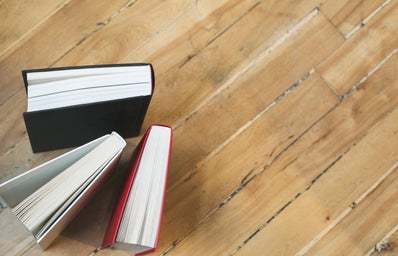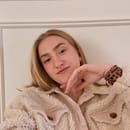I hate to read, so you may be wondering why I’m writing an article about books at all. This is for the people who have complicated relationships with reading in a world where it is so required, expected and beautified.
I used to love to read. I was that kid in preschool who could read before all her classmates. You couldn’t separate me from a book if you tried, and Barnes & Noble was my playground. Now, almost fifteen years later, I can’t be bothered to read at all. Believe me, I wish I liked to read and be part of this culture of people who read for leisure. Yet, no matter how hard I try, it feels so forced I end up putting the book down before I can finish a chapter.
I’m surrounded by readers. My mom has at least three books going on at once. My grandmother reads a book a day. My Aunt’s resolution was to read 30 classic novels this year. Even people my age seem to be reading. I think the idea of reading is so “pretty”. I want to be the girl who sits down on a park bench and just reads. I even want to read purely for the benefits of it. I want to learn from books; I want to keep my mind sharp, and grow my vocabulary. Even with the alternatives of podcasts, magazines, audiobooks, and more, it seems like my brain completely rejects the idea of what it deems non-essential information.
I know I am not alone in this feeling. Personally, the most compelling reason for the phenomenon is my identity as a student. As any college student will tell you, we are so pressed for time and already assigned massive amounts of textbook reading for class. It honestly seems ridiculous that we would spend a second of our free time doing more reading on our own free will. For me, my aversion started as early as middle school when I was assigned a book to read and my freedom when it came to reading was officially taken. So the combination of lack of time, assigned reading, and – don’t get me started on this, but – the outdated and, in my opinion, irrelevant literature we are expected to bow down to in a general education English course is what ruined my ability to read for anything but homework. I step off my soapbox.
In this tumultuous fight against books, I have found a token few that were worth the battle. Although they may not contribute anything great socially or in the literary world, they gave me a lot of hope in my journey towards recreating what reading means to me. Here are three books to make your search a little easier. :)
1. Hopeless by Colleen Hoover
I have read Hopeless multiple times, let that speak volumes. I promise it is not as depressing as the title suggests. This story centers around a girl retracing her past and finding out who she really is with the help of a long lost friend. Hoovers portrayal of this story ropes you in from start to finish. Clear a whole day for this one cause you won’t want to put it down.
2. Oryx and Crake by Margaret Atwood
Atwood is notorious for her realistic dystopian views of the future. Oryx and Crake exaggerates but clearly defines a possible future of our world if we continue this environmental and technological climate. While it is more dense to get through, Oryx and Crake honestly blew my mind.
3. Hate List by Jennifer Brown
This piece of fiction tackles a reality that is much too present in society today. Jennifer Brown delves into the details behind a school shooting, what led up to it, and the effect it held on the community members afterwords. This book moved me in ways I didn’t think fiction had the power to. Read it, just read it.
From a non-reader to you, however you may define yourself in the reading world, these are books worthy of your collection. The impact these stories had on me was greater than any discouragement my relationship with reading could have caused. I think it’s important to note that you don’t have to enjoy reading to be an intellect, you should not feel less than for opting out of what is really just a hobby. However, if you choose to try something new, let this be your guide. Reading is whatever you make of it, but it’s yours to make. That’s all she wrote.


